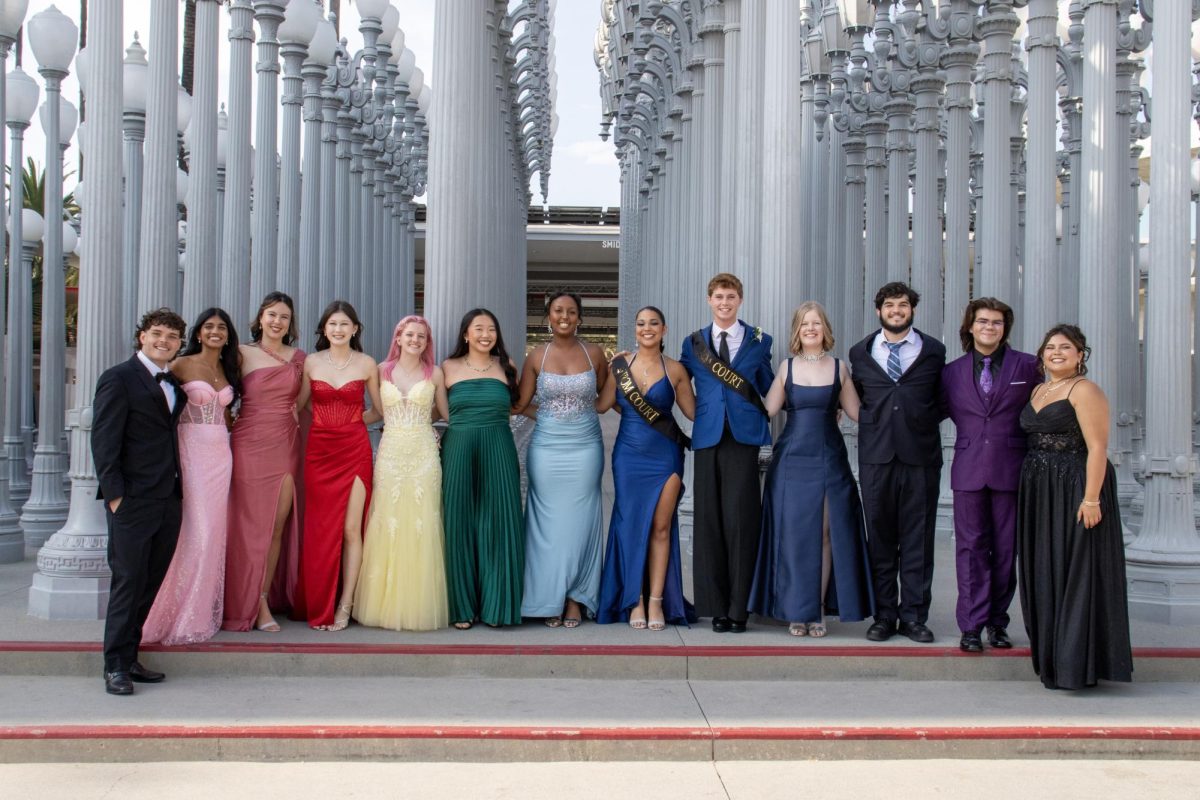Class Action Lawsuit Against Major Torrance Industry
November 14, 2019
For many, 2015 was a year of normalcy. Middle school was nearing its end, Taylor Swift and Calvin Harris had made their relationship public, Hotline Bling was the most overplayed song on the radio, and Star Wars: The Force Awakens was just released. Life was simple; life was good.
But, for the residents of Torrance, there was one event that would change the lives of hundreds. In 2015, the ExxonMobil Refinery exploded. Due to this explosion, over 100 residential and commercial property owners within a close range of the plant have filed a class-action lawsuit.
In this case, there are two classes of plaintiffs that have been affected by the plant and are moving to declare the refinery as a public nuisance. The demands also include that the refinery stop employing the use of hydrofluoric acid due to its highly toxic properties. The filing could result in all 100 property owners receiving financial compensation due to the effects of soil vapors that come from contaminated groundwater that has been seeping through the ground.
Joshua Boxer, a lawyer of the Manhattan Beach Matern Law Group, had filed the lawsuit in 2017. He states his hopefulness that, “the court’s ruling will set the stage for substantive relief for the community.” Aside from just receiving financial compensation due to contamination detailed within the plaintiff’s lawsuit, reparations may include purchases of affected properties as well as installing better ventilation and vapor extraction wells. ExxonMobil has already done so with Del Amo Boulevard which runs east and west aside the refinery.
Matt Edling, an attorney based in San Francisco at the firm Sher Edling LLP, is working on the case with Joshua Boxer and stated that he hopes to, “prevent those types of elevated emissions so those that are living around this refinery can actually live in an area that isn’t contaminated both by air and by ground.”
Kiran Abayaratna (12) is a Torrance resident who is settled less than three blocks from the refinery. Educated on the details of the case and its monetary motivations, Abayaratna expresses his doubts about the plaintiff’s true reasoning for pursuing the case. “One of the biggest concerns I’m sure [the plaintiffs] have is how the refinery brings down their property values.” The West High student shared his worries of, “how much carbon emissions the refinery produces.” Abayaratna’s statement showcases a whole other quandary of the way the environment as a whole is impacted. Because nature and the environment cannot be compensated through money, the plaintiffs and legal team – with a broader reach – could make a great, positive environmental impact.



